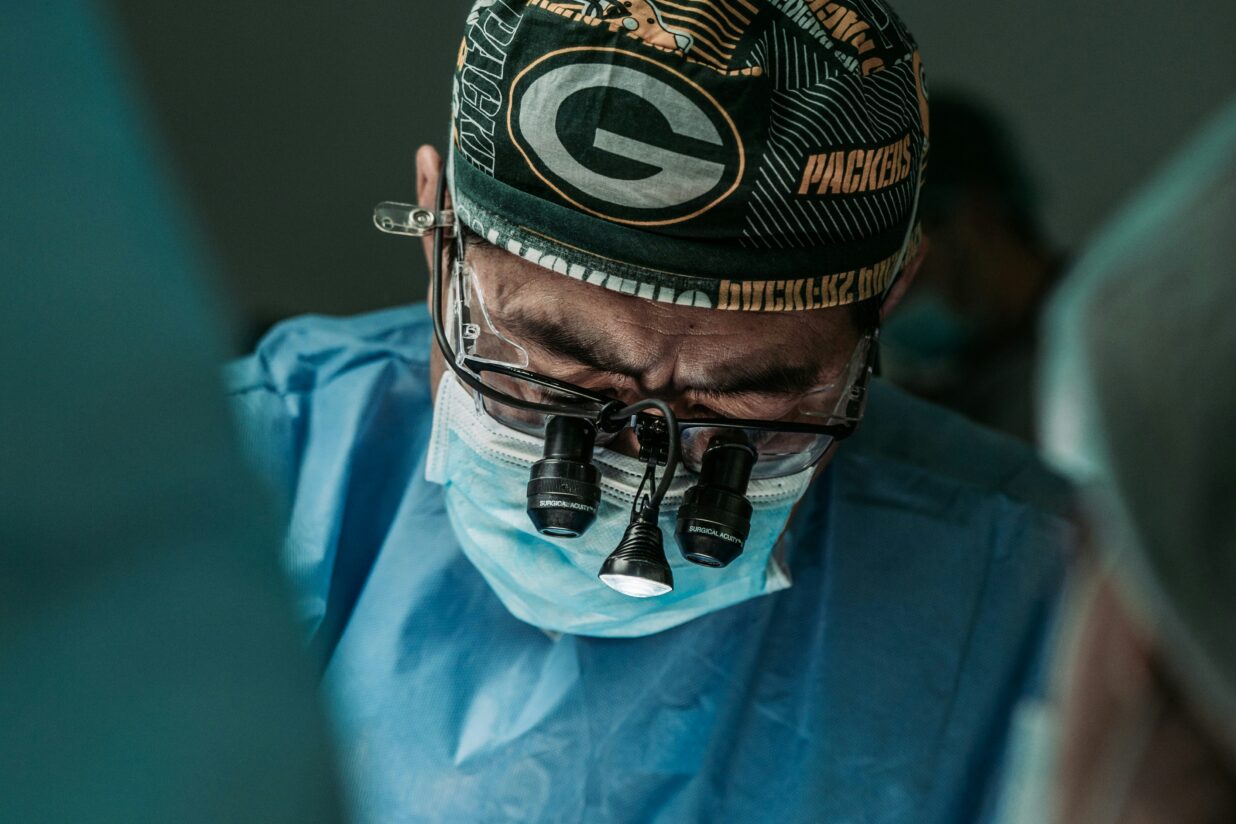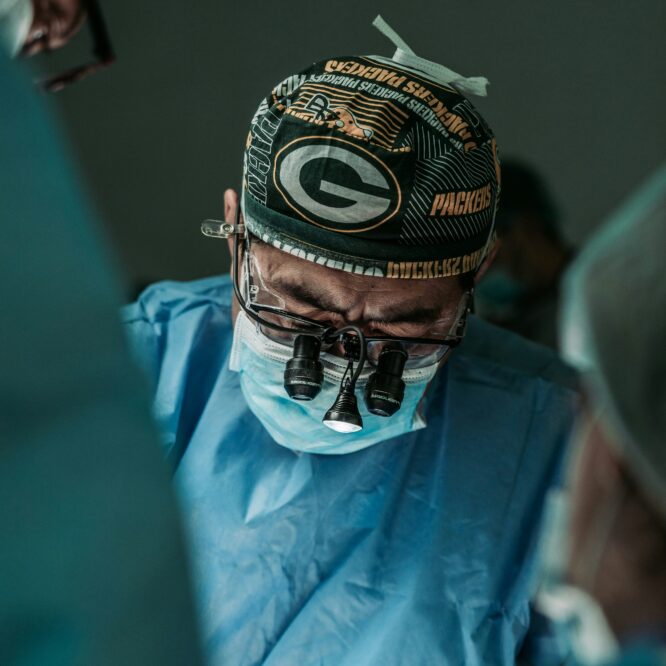If your spleen ruptures during a car accident, you might not have the opportunity for a second opinion regarding its removal to save your life. But in many other cases, it’s important to take some time and consider your options to decide if you should have your spleen removed or not.
Why Do You Have a Spleen?
The spleen supports your immune cells and filters your blood. It also stores extra iron and blood in case you experience sudden anemia, so it can release this blood to the rest of your body. You can live without your spleen—and you may need to due to illness or injury—but your immune system won’t function as well as it did before.
Reasons Your Physician Might Recommend Removing Your Spleen
If you’ve been injured and your spleen has ruptured, it will bleed. You may have dangerous internal bleeding, which doctors can stop by removing your spleen. Many other conditions, such as leukemias, lymphomas, blood disorders, and infections, can cause an enlarged spleen that can be painful and make it difficult for you to eat enough.
In these cases, your healthcare provider will try to treat the underlying condition first in hopes that your spleen will then return to its normal size. But if that doesn’t work, he or she may recommend taking it out.
If you have a cyst or a tumor on your spleen, a healthcare provider may suggest removing your spleen. Certain viral infections can cause your spleen to enlarge, but it usually returns to its normal size once the infection resolves. Lastly, a bacterial infection can cause abscesses filled with pathogens and pus to develop within your spleen, and taking the entire spleen or part of it out may be the only way to clear them if other treatments don’t work.
Along with supporting your immune system, your spleen is tasked with filtering out old, broken, and infected red blood cells. In some cases, if your spleen is not functioning properly, it could start filtering out healthy red blood cells, leaving you anemic.
What Splenectomy Surgery and Recovery Look Like
If your splenectomy is planned, your healthcare provider may recommend that you receive vaccinations about two weeks beforehand to protect you from certain bacterial infections. These immunizations will be more effective if given while you still have your spleen to help you build an immune response, which will continue to help protect you after the splenectomy. If it’s an emergency that requires a splenectomy, you may still get vaccinated after the procedure because a small amount of protection is better than none.
As with many surgeries, infections and bleeding are common risks, so your physician may also recommend antibiotics to prevent infections and have you stop taking any blood thinners before your procedure. Blood clots might become an issue for a brief period during your recuperation, so some high-risk patients will be placed on blood-thinning medications after the procedure. You also may be prescribed painkillers such as opioids to help manage postsurgical pain.
Read more about opioids in MedShadow’s A Look at Overprescribing Opioids, and learn more about how to reduce the need for drugs after surgery in MedShadow’s How to Cut Down on Drugs During and After Endometriosis Surgery. Many tips also apply to a splenectomy.
Depending on the size of your spleen and the circumstances requiring its removal, your surgeon might be able to operate laparoscopically. This reduces scarring and will usually allow you to go home sooner. But if a traumatic injury caused a rupture with severe bleeding or if the spleen is very enlarged, the surgeon may need to make larger incisions for its removal, and you’ll need to stay in the hospital longer to ensure a full recovery.
Pros of Splenectomy
A ruptured spleen can be a fatal injury, depending on the amount of internal bleeding, and removing your spleen can be lifesaving.
If a splenectomy is recommended because your spleen is enlarged, removing it can resolve the accompanying risks, as well as any symptoms like pain and fullness, and poor function.
If your damaged spleen is starting to break your healthy red blood cells and platelets, a splenectomy can help treat the anemia, along with symptoms like fatigue and breathlessness.
Some cancers directly involve your spleen. For example, in certain types of leukemia and lymphoma, the malignant cells may actually be in your spleen and removing it will help treat the cancer.
Cons of Splenectomy
Like with any surgery, you can experience complications such as bleeding and postsurgical infections in the short term. About 1.6% of patients died during a splenectomy, and 17% had surgical complications that were not fatal, according to a 2014 study. Your risks are lower if you are younger and in better health prior to the procedure.
Over the long term, you’ll be at heightened risk of infections without a spleen. Not having your spleen weakens some functions of your immune system, making it more likely for you to develop bacterial infections and more difficult for you to fight them off once you are infected.
Take actress and model Chalrbi Dean, whose spleen was removed after she survived a serious car accident. More than ten years later, she died from bacterial sepsis at the age of 32. It’s likely that her weakened immune system contributed to the severity of the infection.
The risk of developing an overwhelming post-splenectomy infection, a severe form of sepsis, was found to be less than 0.5%, and about half of those infections were deadly, according to a frequently cited but small study from 1997 and a few other older studies. The risks are higher if your spleen was removed because of cancer or illness than if it was removed due to a traumatic injury.
Because of the increased risk of infections, you may have to take antibiotics for the first few years after surgery, and then often at the first sign of infection. Your doctor might recommend you keep a course on hand and take them anytime you have symptoms that suggest infection such as a fever or sore throat. Learn more about the side effects of antibiotics in MedShadow’s Pros and Cons of Antibiotics.
Keep Your Surgical Records
The records in your doctor’s system can often be inaccurate or incomplete. You should make an effort to get your own copies and review them carefully. It’s important to keep copies of all of your medical records so that you can communicate to new doctors what conditions and medications you’ve been exposed to in the past.
It’s crucial for those records to include any surgeries. Make sure to request your records right away if you’ve had surgery, so you don’t have to try and track them down later. In some cases, we may learn years later that surgery could have had effects we didn’t know about at the time.
For example, surgeons used a technique to help with minimally invasive hysterectomies and to remove fibroids from 1998 to 2015. It was later discovered that technique caused the spread of cancerous tissue. If you’d had the surgery a decade prior, and didn’t have your records, you might not know if the surgeon used this technique on you, and it can be hard to trace down the records after that long.
Learn more about how to organize and keep your medical records here.
Questions to Ask Your Doctor Before Having Your Spleen Removed
- What are the chances that my spleen could heal on its own if I don’t remove it?
- What is the risk of serious infection for someone with my condition and current level of health if I have my spleen removed?
- How will that risk change over time?
- What can I do to lower my risk?
- What are the biggest risks of not removing my spleen?
- What vaccines do I need before having my spleen removed?
- What symptoms should I watch out for after my spleen has been removed that would prompt a trip to the emergency room?
- What can I do once I go home to help my recovery?
What Patients Say About Having Their Spleens Removed
Talking to your healthcare providers is critical, but sometimes it’s even more helpful to understand what others in your position actually experienced. In YouTube videos and internet forums, patients discuss their concerns and experiences with having their spleens removed.
Jackie describes her healthy life post-splenectomy in a YouTube video for Lymphoma Action. In a Patient.info forum, several participants discuss the pros and cons of taking opioids versus having the surgery, including concerns about infection risk in occupations like teaching and nursing.







